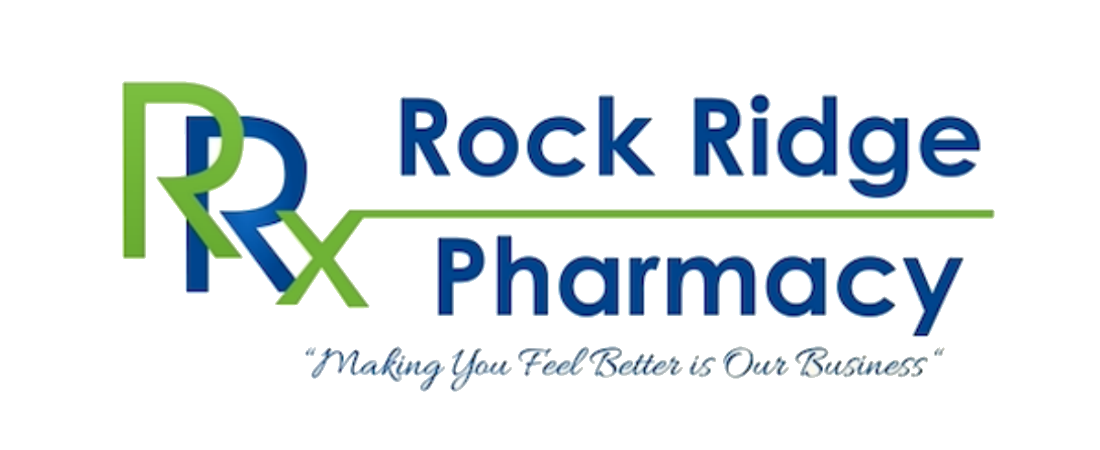Sea moss has gone from niche superfood to a buzzy wellness staple. You’ve seen it in smoothies, capsules, gels, and even skincare products. But what exactly is sea moss, and why has it become so popular?
Let’s learn about sea moss’s benefits and risks, what it does, how it helps, when to use it, and when to step back.
What Is Sea Moss?
Sea moss, or Irish moss, is a type of red algae most commonly harvested off the Atlantic coasts of Ireland, North America, and the Caribbean. Its technical name is Chondrus crispus.
Traditionally, sea moss was boiled into soups or tonics to help with cold symptoms and overall weakness. Today, it’s used in supplement form for a wide range of claimed health benefits, from gut health to immune function to improved energy.
Nutritional Snapshot
Sea moss is rich in iodine, potassium, magnesium, calcium, and small amounts of B vitamins. It also contains compounds called carrageenans, which give it a gel-like texture and are often used in food as a thickener.
Some forms, particularly when processed as supplements, also contain added nutrients to boost specific benefits.
What Are the Real Benefits?
One of the most talked-about sea moss benefit is its support for thyroid health. The thyroid relies on iodine to function properly, and sea moss provides a natural source. That said, iodine levels vary depending on where and how the moss is grown.
Sea moss may also support gut health due to its fiber content. It acts as a prebiotic, feeding the healthy gut bacteria. That could translate to better digestion and more regular bowel movements.
There’s also some evidence that sea moss may help with immune support. The minerals and antioxidants it contains may help the body handle stress and inflammation more effectively.
Some users claim improved energy levels, clearer skin, and even mood support. While more studies are needed, these anecdotal reports have made sea moss a favorite in wellness routines.
But It’s Not All Positive-Understand the Risks
With all the hype, it’s easy to assume sea moss is a miracle fix. But there are real concerns, especially when it comes to iodine.
Too much iodine can over-stimulate the thyroid, leading to hormone imbalances. If you’re already getting iodine from your diet or multivitamins, adding sea moss could tip you over the edge.
Another issue is heavy metal contamination. Sea moss grows in the ocean, which means it may absorb toxic metals like mercury, lead, or arsenic, depending on the water source. That’s why it’s critical to buy sea moss products from reputable suppliers that test their raw materials.
Some people also experience digestive upset when taking sea moss, especially in gel form. Nausea, bloating, and diarrhea have all been reported, particularly when taken in large amounts.
Who Should Avoid Sea Moss?
People with thyroid disorders should talk to their doctor before trying sea moss. The same goes for pregnant or breastfeeding individuals, as safety data is limited.
Those on blood-thinning medications or with sensitivities to iodine also need to exercise caution.
In general, moderation is key. Just because it’s natural doesn’t mean it’s harmless in high doses.
Smart Shopping: How to Choose the Right Sea Moss Product
Not all sea moss products are created equal. Look for labels that include sourcing information, third-party testing, and clear dosage recommendations.
Avoid vague claims or products that promise results too quickly. And skip anything that doesn’t list the iodine content. That’s a red flag.
If you’re unsure where to begin, Rock Ridge Pharmacy offers pharmacist-vetted supplements that meet strict quality standards. Their curated wellness collections focus on transparency and effectiveness, so you know exactly what you’re getting.
You won’t find sea moss listed under flashy wellness trends here. You’ll find it as part of a broader approach to health, one that prioritizes science, safety, and real results.
Final Note
Understand that, like any super food, sea moss also comes with benefits and risks. It can be a helpful addition to your health routine, but only if used thoughtfully. It’s rich in nutrients and has promising benefits, especially for gut and thyroid health.
But it’s not a one-size-fits-all solution. Too much iodine, poor sourcing, or improper dosing can make it more harmful than helpful.
If you’re considering adding sea moss to your regimen, speak with your healthcare provider first. And always choose your supplements from trusted sources like Rock Ridge Pharmacy, where quality, integrity, and your well-being come first.
Disclaimer: This blog is intended for informational purposes only. Always consult with a qualified healthcare provider before starting any new supplement. The products mentioned are not intended to diagnose, treat, cure, or prevent any disease.





